Arts students get a different taste of “on camera” in online classes
April 9, 2020
Arts students at App State traded their paint brushes, instruments and ballet shoes for Zoom and AsULearn when classes moved online for the rest of the semester due to COVID-19.
UNC System President Bill Roper announced March 30 that UNC System institutions will continue to be online through summer 2020, according to a university email.
Classes in the arts often involve certain equipment, instruments and classroom spaces students are unable to access at home. While the transition to online can be difficult, arts students in particular may face other challenges by not having access to certain resources.
Sophie Weiner’s Dance Composition and Improvisation class now takes place in her living room.
At dance studios in Varsity Gym, students would perform a combination and receive immediate feedback from classmates to then do the combination again with applied notes. Now, students record videos of themselves to post in a discussion forum on AsULearn. Students receive written feedback under their post, but Weiner, a senior theatre performance major, said she and her peers don’t have time to go back and make given corrections.
Weiner goes through a similar process for her acting class.
Here, Weiner said students record monologues and send the videos to the professor.
“One of the hardest things about having an acting class online is the lack of the immediate human connection. Acting for film is incredibly personal and intimate,” Weiner said. “We don’t have the immediacy of feedback which allows us to understand what worked and what didn’t within our process.”
In the commercial photography department, all students can check out professional-grade camera equipment and many have access to three photography studios in Katherine Harper Hall, if they’re in particular classes.
Kaitie Dornauer said the biggest issue she has come across during online instruction is not having access to the equipment she needs.
“I had some fantastic ideas I was really excited to execute with this new equipment and I feel like those were just ripped right out from under me,” said Dornauer, a sophomore commercial photography major.
Hands-on learning of how to use equipment essential to the industry is another aspect of the major Dornauer said has changed. Both the curriculum and projects in her classes have been altered.
Among all arts majors, the transition looks different for each. Students in the Hayes School of Music rely heavily on their instruments and classroom spaces the school provides.
Philip Daniels, a freshman music industry studies major, must be part of a performance ensemble each semester as a part of the degree program. Now, Daniels’ tuba choir and symphony band don’t meet to play in person or over Zoom. Daniels said he misses participating in these ensembles.
“What I miss most is the connection I’d have with the other people in the ensembles. It’s hard enough being stuck at home, but it’s harder not seeing the people you enjoy playing with every day.” Daniels said. “The other hardest part is finding the motivation to play each day as well. My favorite part about music is the way it connects people from many walks of life. It’s hard not being able to make beautiful music every day.”
The ensembles, which double as classes, now have listening journals and alternative assignments for the duration of the semester. Classes in the Hayes School of Music revolve around hands-on experiences, and not everyone has access to instruments necessary to complete coursework.
Students typically own the primary instrument they concentrate in within their major. When it comes to other required methods classes such brass, percussion and piano, not all own the instruments.
Dean of the Hayes School of Music, James Douthit, said changes in coursework are occuring in how learning objectives are assessed.
“Our professional degrees in music have very specific learning outcomes. They need to be met in order for our graduates to engage in our profession. The real change is how we demonstrate that those objectives have been met in this new frontier,” said Douthit.
Douthit said he thanks the chancellor and her cabinet for their leadership and communicating clearly during these times.
“The Hayes School of Music is merely a part of Appalachian State University,” he said.
Adjusting coursework is a change administration and faculty alike have dealt with.
Janice Pope, interim dean of the College of Fine and Applied Arts, said she holds concern that students may not have the opportunity to complete their work given the difficulties the pandemic brings. Pope said she recognizes that students’ lives have been disrupted beyond work and academics.
“As a university, we have tried to make these changed processes as simple as possible, realizing that everyone is in a slightly different circumstance. We can’t anticipate everything, but we’re trying to be flexible and compassionate in our decision making,” Pope said.
Pope said she advises students stay up-to-date with AsULearn course sites, write faculty with questions and set new routines during this time of isolation.

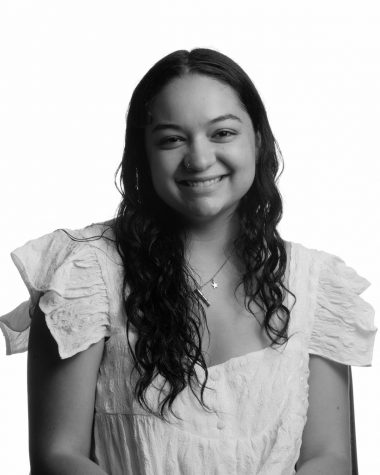


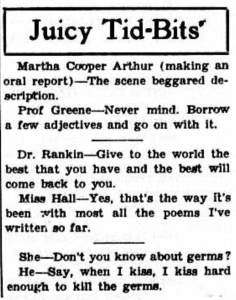


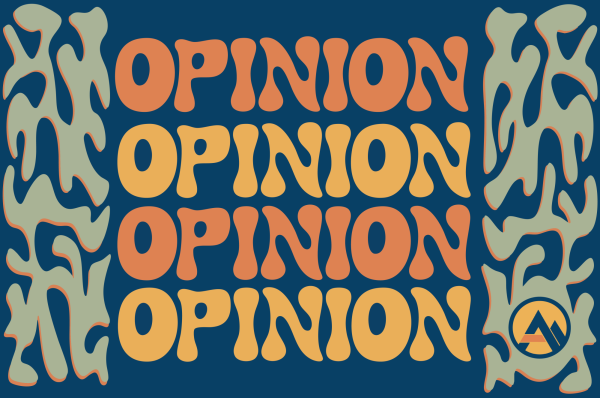
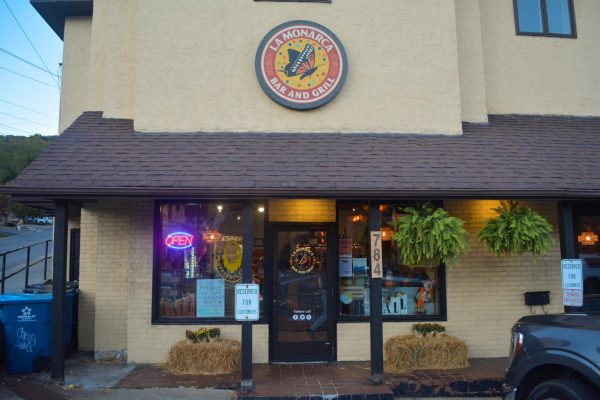

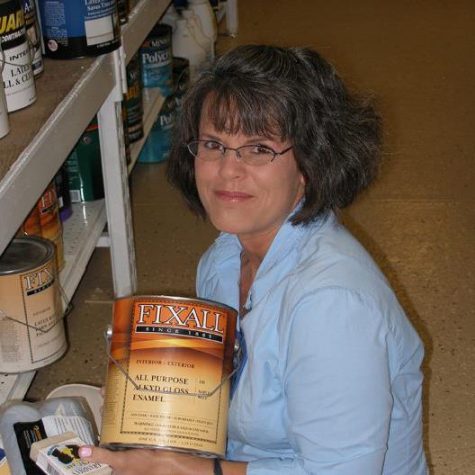


Allen Taylor • Apr 9, 2020 at 9:03 pm
As a graduate of Appalachian State and earning my degree in commercial design, I can sympathize with the students and faculty in this challenging time. I absolutely know how rewarding and formative the interaction with one’s fellow arts students is.
To all of you talented and driven arts students: I for one am inspired knowing that you are generously giving yourselves to your endeavors even through this tumultuous time. You are the future of the heartbeat of our society, that which we find in the full and unbridled expression of creativity; visual art, writing, music, dance, theatre and acting.
Continue the pursuit of your passions. You will be happy and very proud that you overcame the temporary hurdles now being placed before you.
I am very proud of all of you.
Allen C. Taylor
ASU graduate, 1982